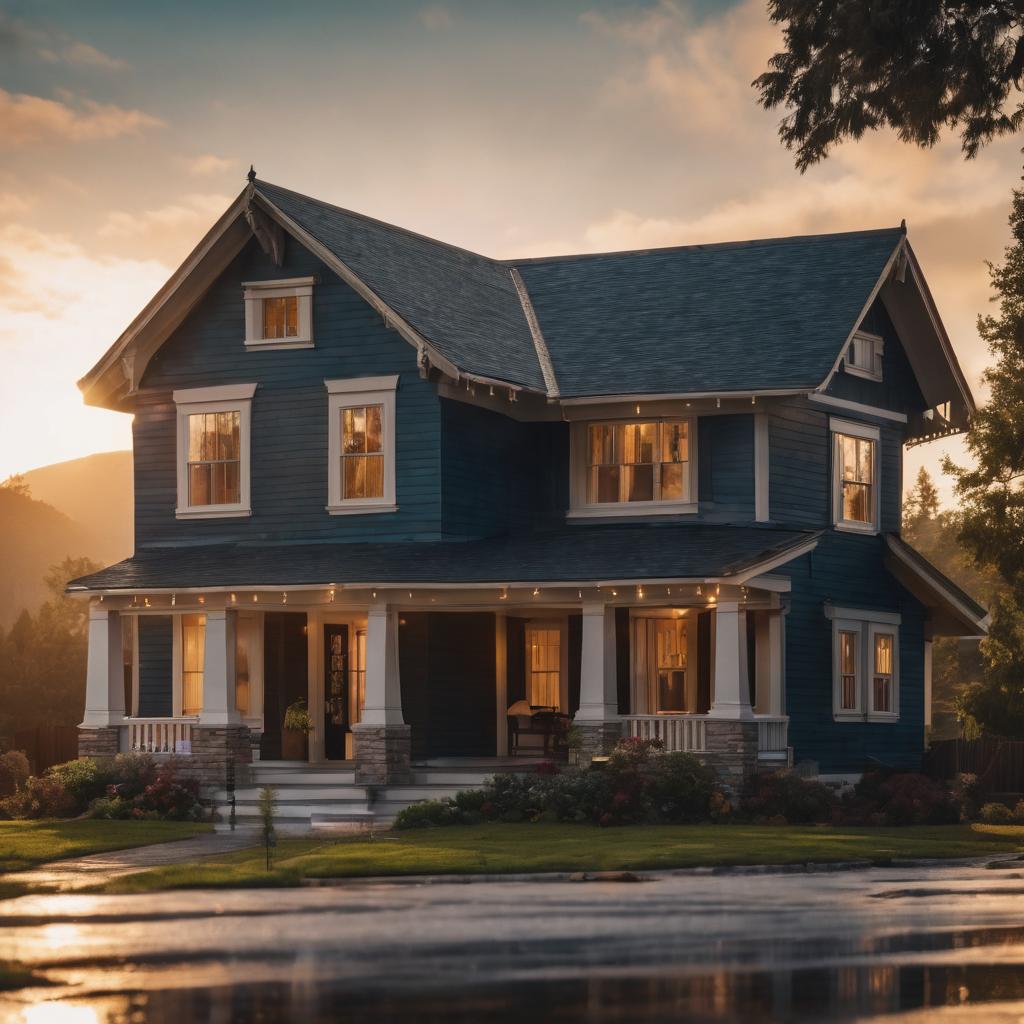What Does Homeowners Insurance Typically Cover and Exclude?

Contents
- 1 Introduction
- 2 Homeowners insurance covers your home and belongings, but it can vary depending on the type of policy you choose.
- 3 Homeowners insurance typically covers damage to your home and its contents caused by fire, wind, theft or vandalism.
- 4 Homeowners insurance doesn’t cover flood damage unless you purchase a separate policy first.
- 5 Most homeowners policies also exclude certain hazards from coverage, such as war and nuclear disasters.
- 6 The more coverage you have in place for these items, the less likely you’ll be to pay for them out of pocket in case of an emergency.
- 7 Conclusion
Introduction
Homeowners insurance typically protects your home and belongings from damage or loss caused by fire, wind, theft or vandalism. It also covers you if someone is injured on your property. There are a few things that are excluded from most policies, so it’s important to understand what these exclusions mean for you.
Homeowners insurance covers your home and belongings, but it can vary depending on the type of policy you choose.
Homeowners insurance is not always required by law (though some states require it). If you’re buying a new home or apartment, check with an insurance agent to see if homeowners insurance is needed before purchasing any new items.
Homeowners insurance typically covers damage to your home and its contents caused by fire, wind, theft or vandalism.
Theft and vandalism coverage is optional in some policies and may be limited to a certain dollar amount. You can purchase additional theft and vandalism coverage as an add-on to your policy.
Homeowners insurance doesn’t cover flood damage unless you purchase a separate policy first.
Flood insurance is a type of coverage that protects your home from flood damage. It’s not included in standard homeowners insurance policies, so you’ll need to purchase it separately via the National Flood Insurance Program (NFIP). If you have a mortgage and live in an area prone to flooding, it’s especially important that you consider purchasing a policy through NFIP because many lenders require it as part of their requirements for lending.
Most homeowners policies also exclude certain hazards from coverage, such as war and nuclear disasters.
These exclusions are typically things that are not covered under your policy, but it’s important to review the full list of exclusions before purchasing a policy so you know exactly what’s not covered under your policy and can plan accordingly. Some exclusions may be in the form of a specific list or general statement; others might simply say “all other perils.”
Physical conditions–such as houses on foundations or roofs–also fall into this category because they’re not usually considered part of normal wear-and-tear over time or weathering due to age (unless there was some sort of defect).
The more coverage you have in place for these items, the less likely you’ll be to pay for them out of pocket in case of an emergency.
- What does home insurance cover?
Homeowners insurance is intended to protect you from certain financial losses that may occur due to an unexpected event. While there are many different types of homeowners policies, they all have some basic coverage elements in common. These include:
- Property damage and repair costs caused by weather-related events, such as hurricanes or tornadoes
- Losses resulting from theft or vandalism; fire damage caused by faulty wiring or equipment failure; water damage due to burst pipes, overflowing toilets and sinks (some policies exclude this); windstorm damage caused by high winds such as hurricanes
- Medical payments for injuries sustained while on your property (you may need additional medical payments coverage if someone gets hurt while visiting)
Conclusion
Homeowners insurance is one of the most important types of coverage you can have. It protects your home, belongings and family from potentially devastating losses such as fire or theft. If you’re considering buying a new policy or renewing an existing one, check with your agent about these exclusions so you know what’s covered by your current policy before making any changes.








